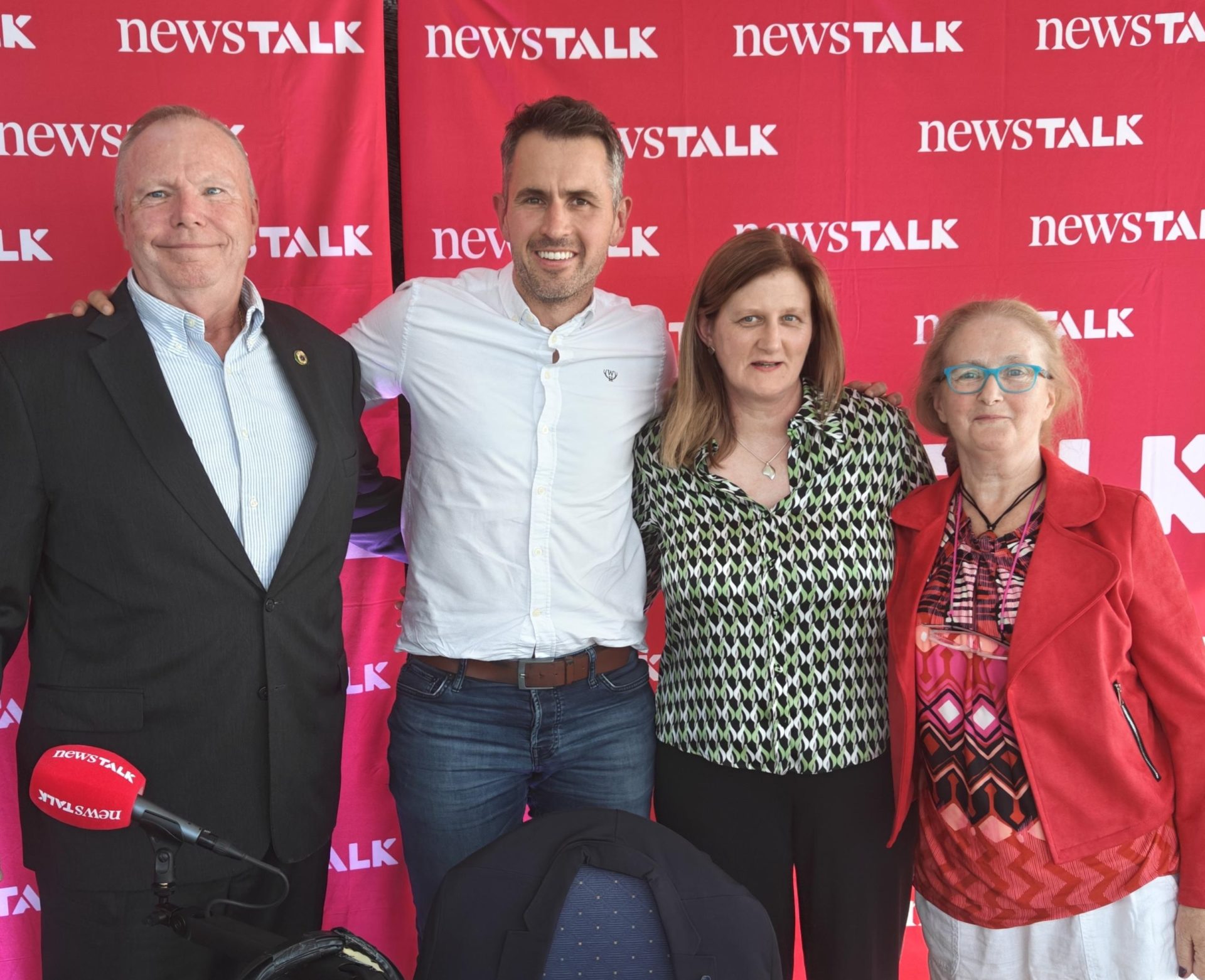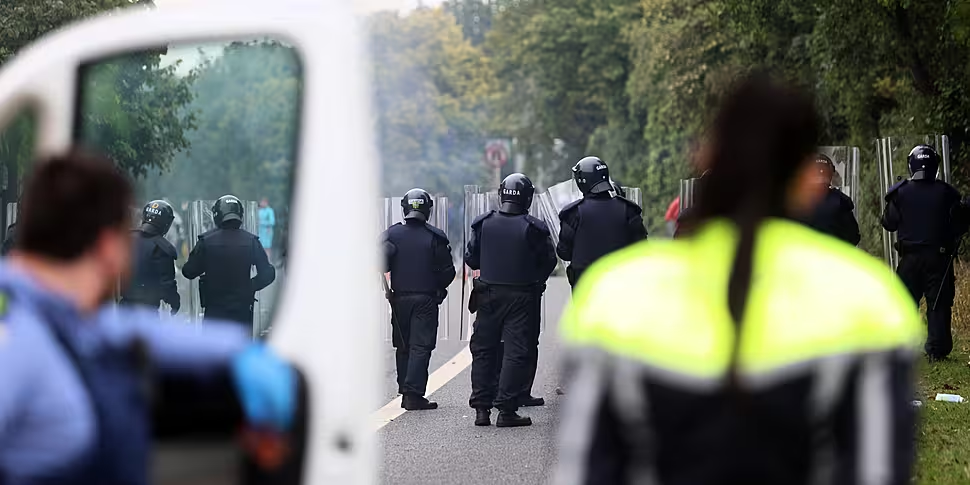An increase in disorder rather than a rising crime rate is making people feel unsafe, a retired NYPD Deputy Commissioner has claimed.
As part of a panel discussion on The Hard Shoulder, James O'Keefe said the main challenge for law enforcement is now around disorder, migration and demonstrations.
Mr O'Keefe said people are seeing more disorder on the streets.
"Post-pandemic most crime is down, according to UCR [Uniform Crime Reports] data in New York City," he said.
"Most people don't feel safe, though, and they don't believe that crime is down and that's because disorder is up.
"So what people see in the street is a lot of disorder and a lot of anti-social behaviour."
'Disobedience and demonstrations'
Mr O'Keefe said there are exceptions in areas and cities with 'spikes'.
"The police departments in those cities are very well equipped to handle those spikes and deal with them," he said.
"I think our primary challenge today is disorder and migration, disobedience and demonstrations and those kinds of things.
"There's been a significant change in the border policy in America - the border has been open for three and a half years now.
"Just to give you an example, we have somewhere between 90,000 to 100,000 migrants in New York City [with] more arriving every day."
 L to R: Ex-NYPD Deputy Commissioner James O'Keefe, The Hard Shoulder host Kieran Cuddihy, lawyer Maura Butler and psychologist Catherine Norton. Image: Newstalk
L to R: Ex-NYPD Deputy Commissioner James O'Keefe, The Hard Shoulder host Kieran Cuddihy, lawyer Maura Butler and psychologist Catherine Norton. Image: NewstalkMr O'Keefe said New York is a designated 'sanctuary city', meaning it is obligated to provide them with housing and food.
"There's not enough housing and there's not enough food, so it creates a lot of challenges," he said.
"Although our compassion is not limited, our resources are.
"So we build makeshift tent cities for people and there's disturbances in those cities.
"That coupled with the Israel-Hamas war is leading to massive demonstrations on our college campuses."
Mr O'Keefe said although demonstrations themselves are not a problem, "they're starting to get a little out of control."
"Those things are all coming together to create a real sense of disorder."
'Most people don't believe crime is down and that's because disorder is up'
James O’Keefe, Retired NYPD Deputy Commissioner, on the falling crime figures in New York City@TheHardShoulder @JFK_SS pic.twitter.com/3TXZ1hlEfx— NewstalkFM (@NewstalkFM) August 29, 2024
Mr O'Keefe said the issue of drug use is also an "enormous challenge".
"Thousands of Americans die constantly from fentanyl poisoning, we see people living in the streets walking around under the influence of drugs," he said.
"Now we're starting to see something called carfentanil, which is almost 90-times more powerful.
"It's primary use was to sedate elephants, we now see that on the streets in New York".
Mr O'Keefe said that all the issues collectively "creates a feeling of the city not being safe, even though the crime data doesn't necessarily show an increase".
He believes, however, there is only so much law enforcement can do.
"Often law enforcement and police runs into government and politics," he said.
"I don't know that policing is the answer to these kinds of things - I think these are public policy decisions that are being made.
"The police do the best they can... but we're just not built to get that kind number of people coming all at once".
Costs
Mr O'Keefe said last year housing migrants cost the City of New York $5bn with projections next year running into $10bn.
"That's unexpected expenses for the City of New York and some resentment builds because other people are saying, 'You could be using that money to help me'.
"The resentment isn't necessarily nationality or race-based, it's limited resources that people are fighting for.
"$5bn is a lot of money".
Mr O'Keefe added that community policing is "essential" as "you can't police people that don't know you".
Listen back here:









